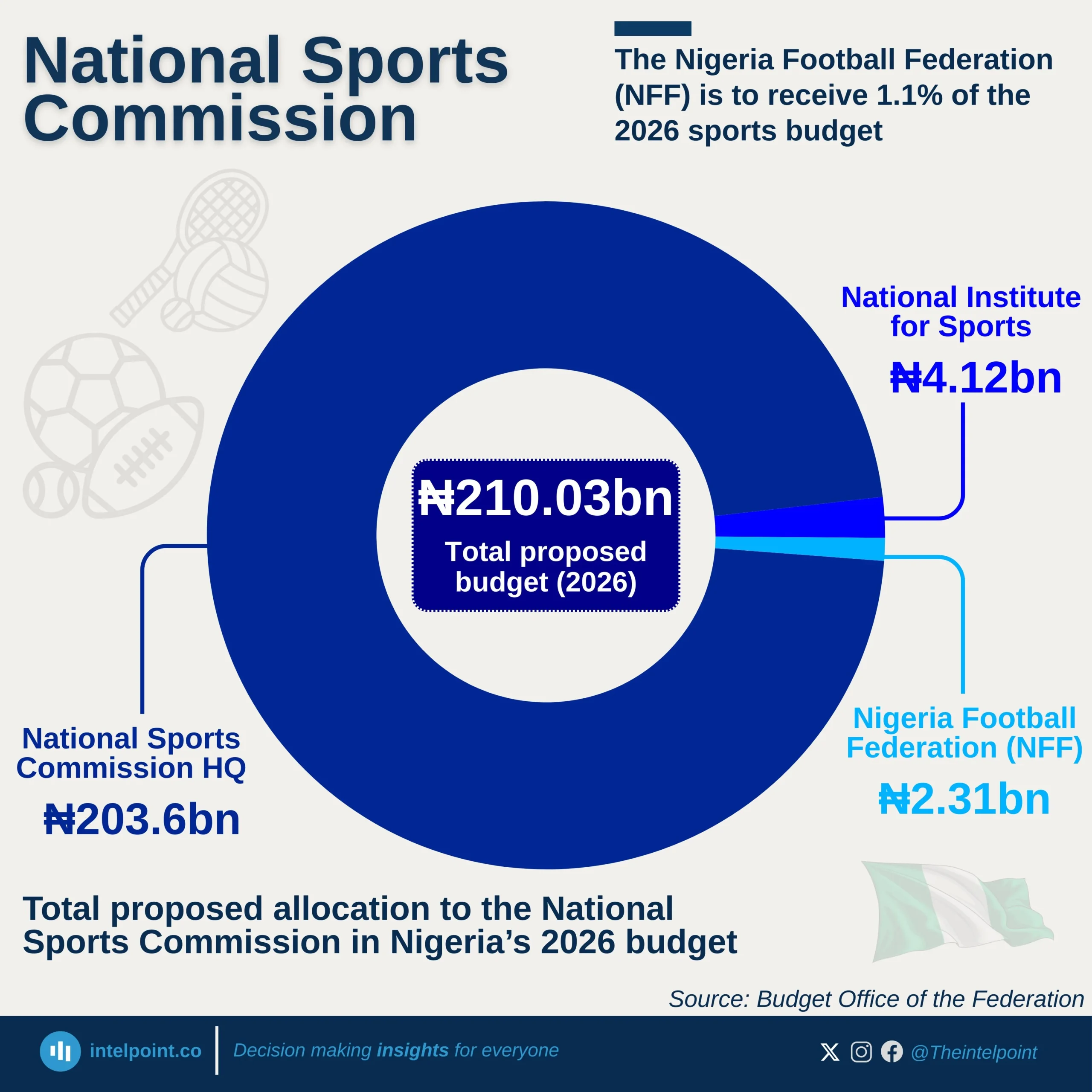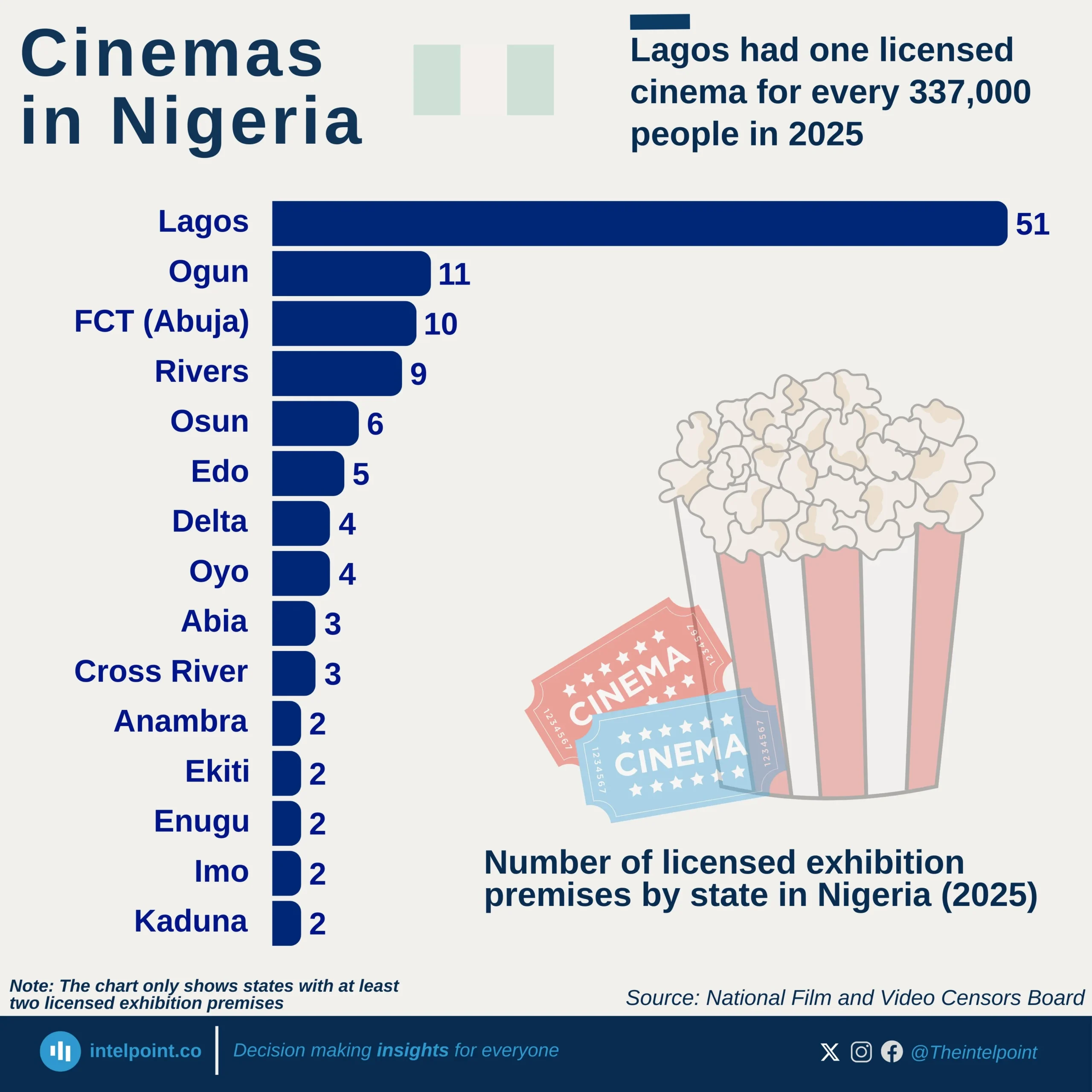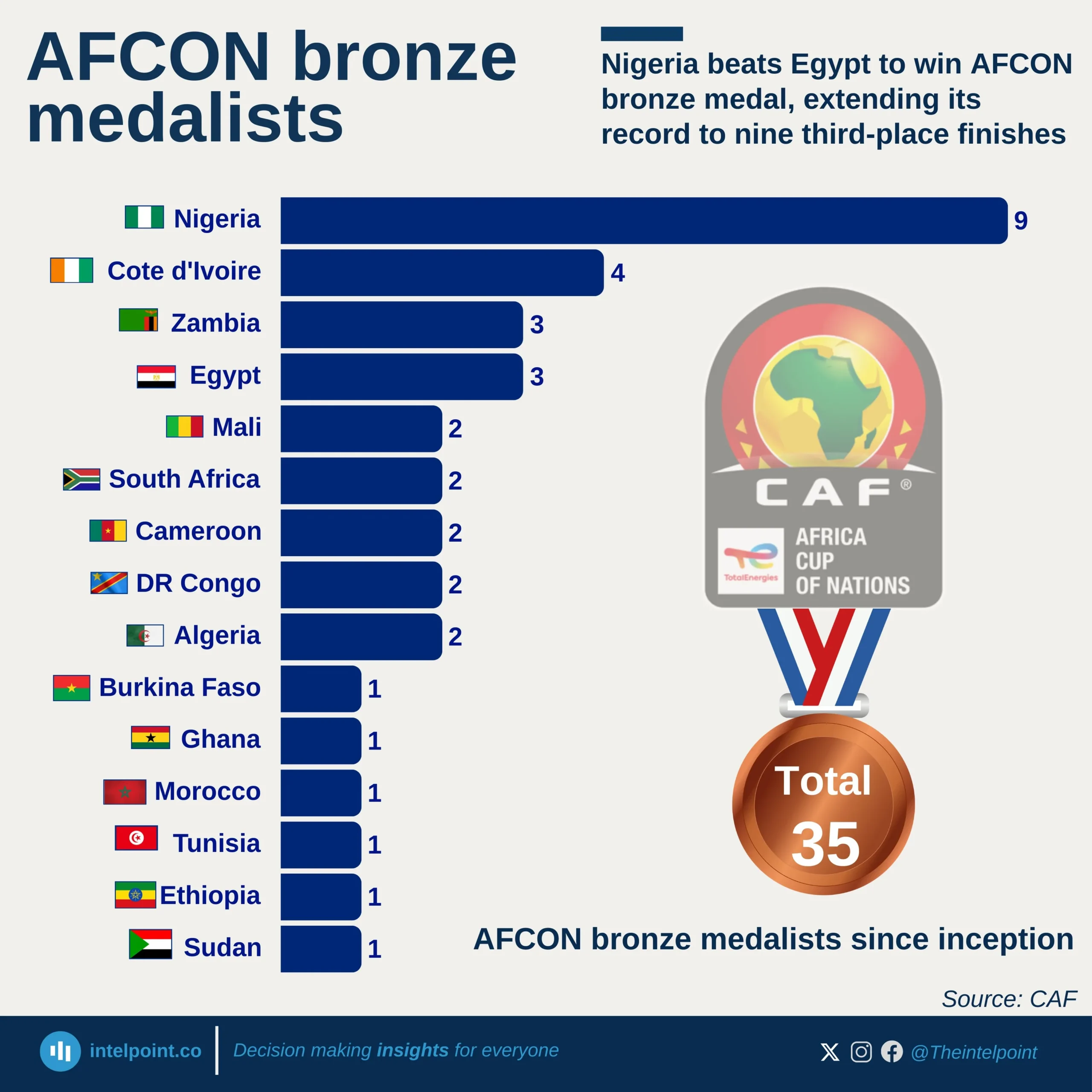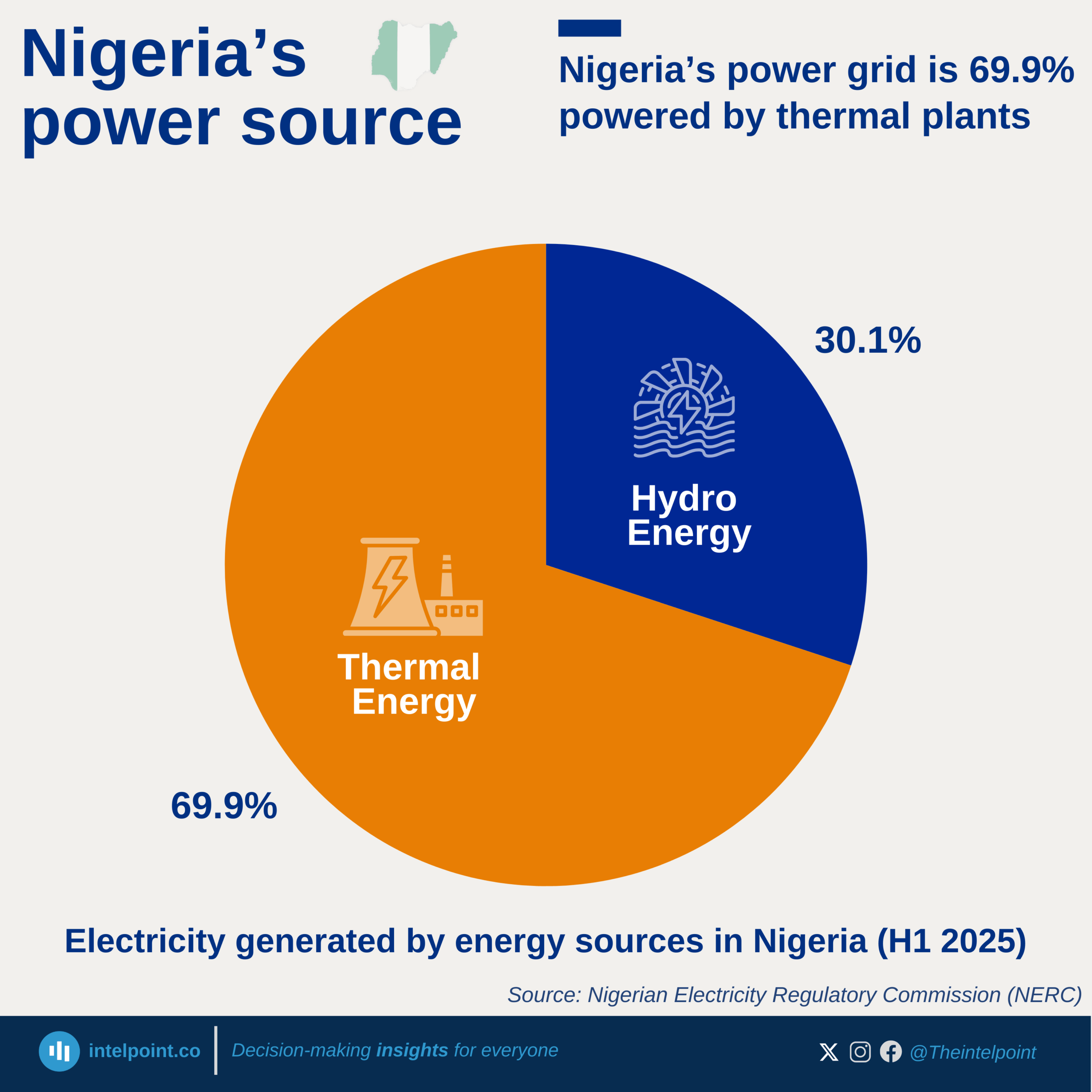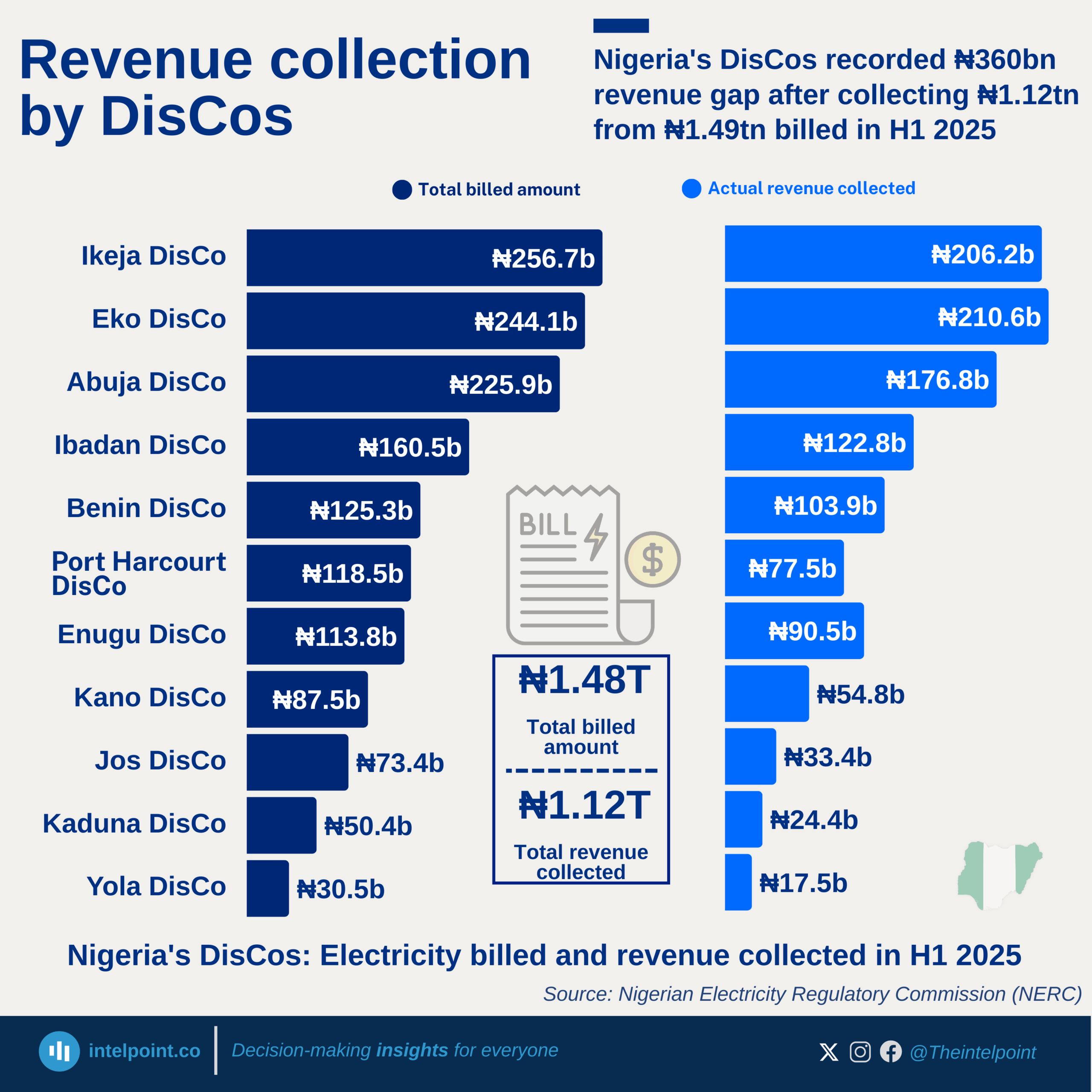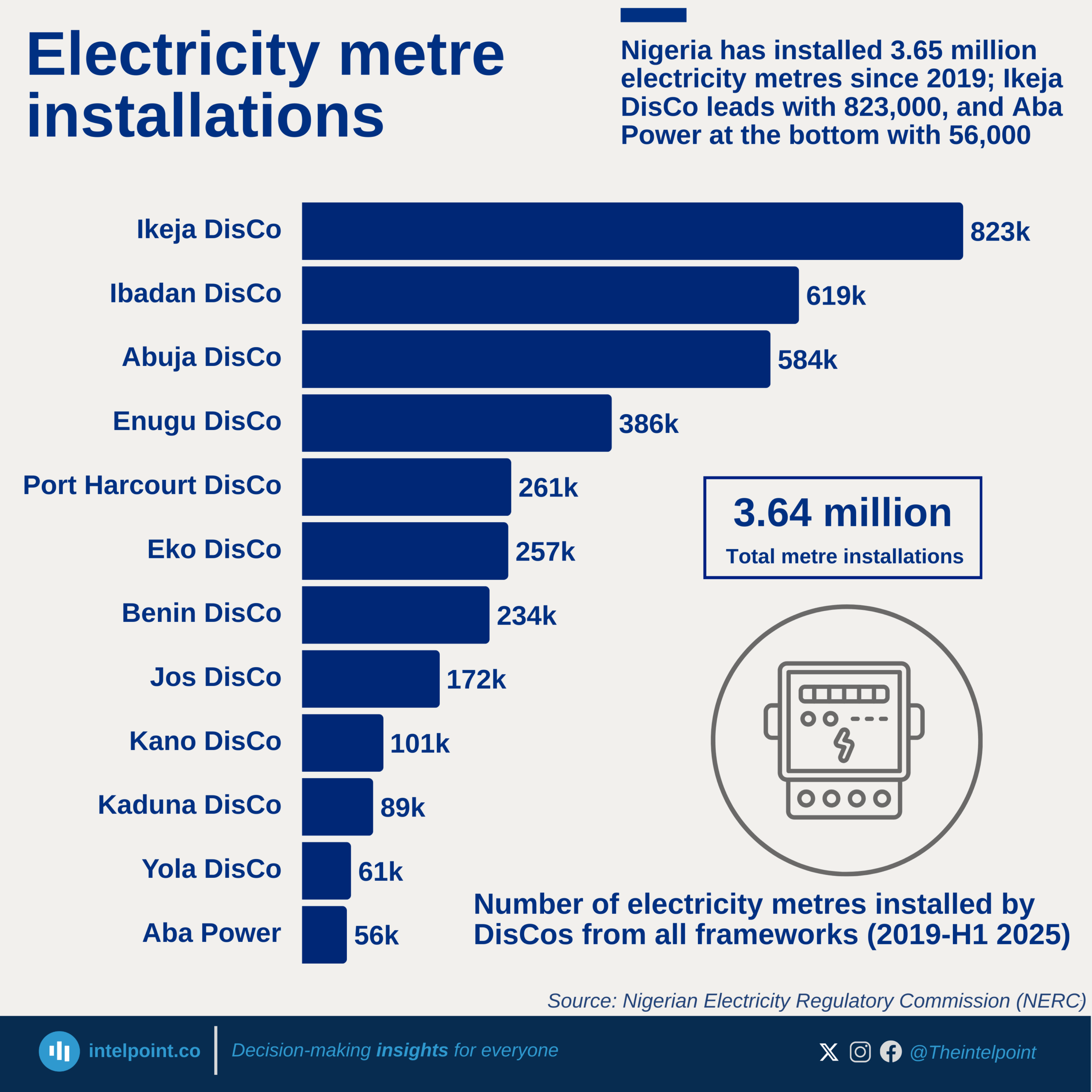In Q1 2025, Lagos State reinforced its reputation as Nigeria’s VAT powerhouse, contributing ₦819.62 billion in Value Added Tax. This figure alone accounts for a substantial portion of the country’s total state-level VAT, surpassing the next state, Rivers, by a margin of over ₦540 billion. Rivers recorded ₦278.23 billion, while Oyo ranked a distant third with ₦79.78 billion. Together, the top three states contributed more than ₦1.17 trillion, underscoring the strong economic activity concentrated in Nigeria’s urban and commercial hubs.
Below the top performers, VAT contributions declined sharply. Bayelsa (₦27.26B), Kano (₦22.97B), and Edo (₦20.73B) are among the few to exceed ₦20 billion. In contrast, 22 states generated less than ₦10B in VAT, with the lowest figures coming from Abia (₦2.92B), Cross River (₦2.65B), Imo (₦2.34B), and Taraba (₦2.33B). These disparities highlight deep regional imbalances in economic activity, tax compliance, and business footprints across Nigeria.
Notably, 6 of the bottom 10 states in VAT collection are from Northern Nigeria, suggesting that commercial activities remain heavily tilted toward the South. As Lagos continues to dominate VAT collections year after year, the need for broader economic diversification and regional development becomes even more urgent.
